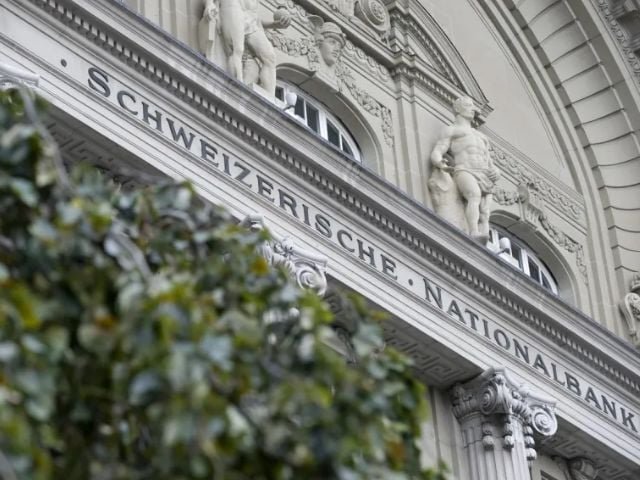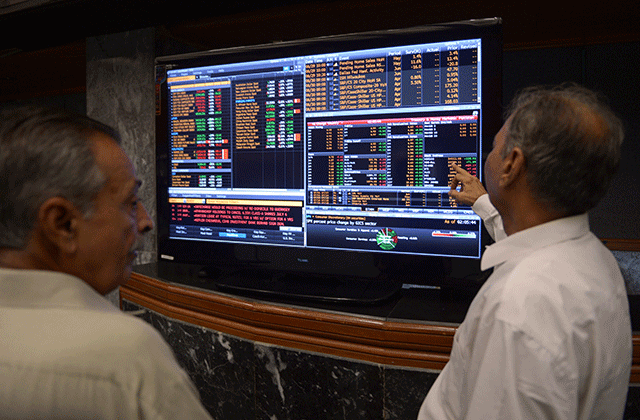Understanding Switzerland’s Recent Interest Rate Cuts
Hey there! Have you heard about the latest move by the Swiss National Bank (SNB)? On Thursday, they made a big splash by reducing their key interest rate to 0%. This decision comes amidst a mix of factors that are reshaping the Swiss economy.
First off, let’s talk about inflation. For the first time in four years, Switzerland saw its inflation turn negative in May, dipping below the SNB’s target of 0–2%. Now, this decline isn’t just a number; it indicates that prices are falling, which can have significant implications for the economy. A stronger Swiss franc is also adding pressure on inflation, making imports cheaper. The SNB has been proactive, cutting rates consecutively for six meetings since March 2024—down from 0.25%.
Why does all of this matter? Well, according to SNB Chairman Martin Schlegel, the goal of these rate cuts is to “counter the lower inflationary pressure” and stimulate the economy. However, there’s a caveat. The SNB has indicated that they might consider returning to negative interest rates, a policy they used between 2014 and 2022. But, Schlegel emphasized this wouldn’t be a light decision due to the potential impact on banks, pension funds, and savers.
Another thing to keep an eye on is the appreciation of the Swiss franc. It has gained about 11% against the U.S. dollar in 2025, affecting export competitiveness. Economists are already voicing concerns that a strong currency could weigh heavily on exporters, slowing down economic growth.
Additionally, the SNB has highlighted risks coming from global economic uncertainties, particularly escalating trade tensions following recent tariffs from the U.S. These factors mean that the SNB may have to intervene in foreign exchange markets to stabilize the situation, although they are treading carefully to avoid being labeled as currency manipulators.
Switzerland isn’t alone, though. Globally, many central banks are easing their monetary policies in response to weakening growth. For instance, the central bank in Norway made its first rate cut in five years on the same day as the SNB, and the European Central Bank also lowered rates earlier this month.
So, what does this all mean for you? If you’re in Switzerland or doing business with Swiss partners, understanding these monetary policy changes can help you make informed decisions. Whether it’s investments, savings, or purchasing power, these changes can ripple through the economy and affect our daily financial choices.
Stay tuned, because the SNB’s next review is coming up in September, and it’ll be interesting to see how these varied economic factors play out. Keep your eyes peeled, and let’s see where Switzerland’s monetary policy takes us!





